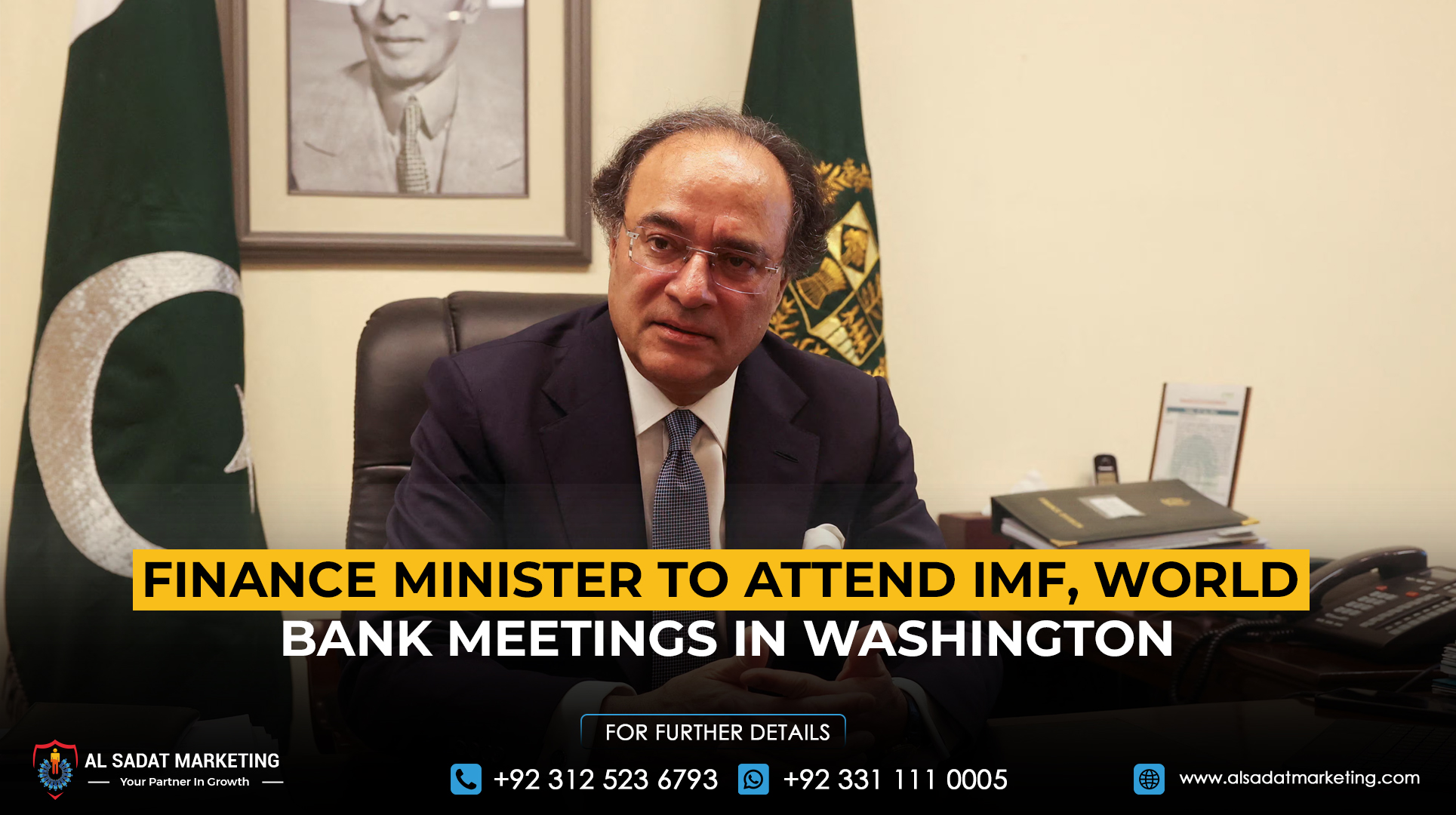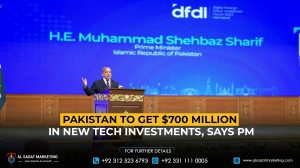Pakistan’s Finance Minister Muhammad Aurangzeb is set to visit the United States on April 21 to participate in the 2025 Spring Meetings of the International Monetary Fund (IMF) and the World Bank, at a time when Pakistan faces a looming 29 percent tariff on its exports under new U.S. trade policies. The high-stakes visit comes in the wake of President Donald Trump’s recently announced trade measures, which, while currently under a 90-day suspension, could severely impact Pakistan’s export-driven economy if enacted.
Aurangzeb’s visit carries significant weight as Pakistan seeks to navigate the potential economic fallout from these tariffs while continuing to stabilize its economy after recent financial disruptions. During the visit, the finance minister is expected to hold consultations with IMF officials and representatives from other major international financial institutions. These discussions will likely focus on strategies to mitigate the impact of the proposed tariffs, safeguard economic growth, and sustain the momentum of structural reforms currently underway.
The 2025 Spring Meetings provide Pakistan with a critical diplomatic and economic forum to engage with global stakeholders, particularly on the issue of trade policy and external economic pressures. The Pakistani government views this as an opportunity to align with international partners and seek advisory support in managing the broader implications of the proposed U.S. tariff regime.
In addition to the finance minister’s engagements, a follow-up visit by a Pakistani trade delegation led by Commerce Minister Jam Kamal Khan is planned for formal negotiations with U.S. officials. This delegation aims to address the specifics of the tariff policy and advocate for Pakistan’s interests in maintaining stable trade relations with the United States.
The upcoming meetings in Washington will gather global financial leaders, central bank governors, and policy experts to discuss pressing economic issues and international cooperation. For Pakistan, the event is seen as a strategic platform to both respond to external trade threats and reinforce its commitment to economic reform and global financial collaboration.










